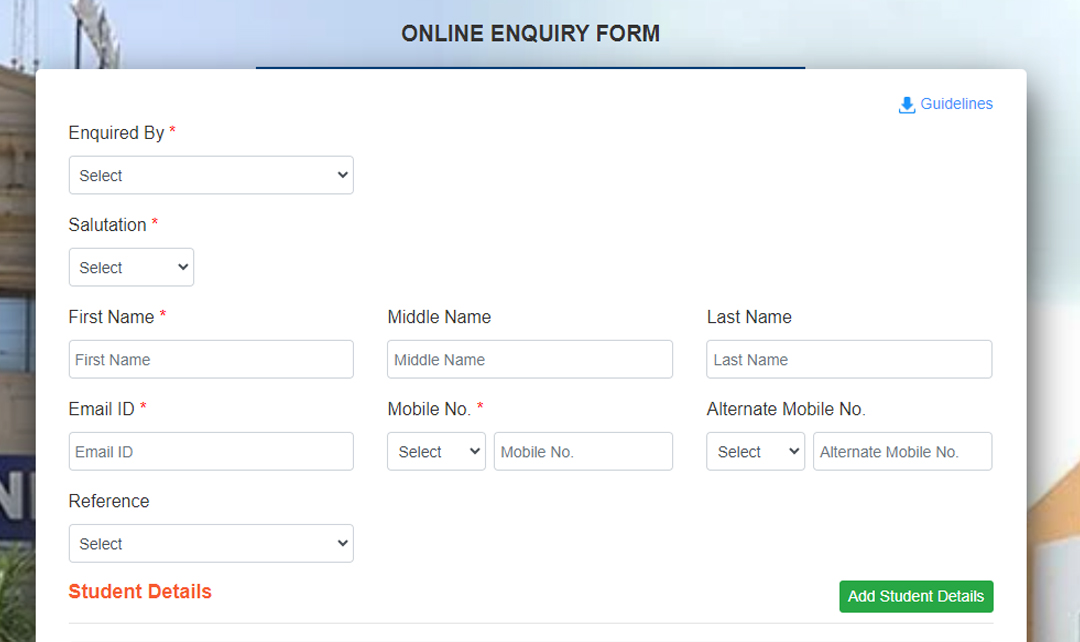
Ashoka Business School
Minority Institute (Linguistic)
Recognized by AICTE-New Delhi, DTE-Mumbai & Govt. of Maharashtra
Affiliated to Savitribai Phule Pune University

CORE VALUES
HOLISTIC STUDENT DEVELOPMENT
At Ashoka Business School, the emphasis is laid on the holistic development of the student.
Student life at ABS, Outside the Classroom
The dynamism of ABS’s academic life spills out of the classrooms. Singularly active, student associations and clubs provide a forum for interaction among themselves and the world outside.
Student Council
The Students Council (SC), the apex student body at ABS, permeates all aspects of student life at the campus. It is the primary point of contact for administration, faculty and students to ensure smooth interaction amongst all three. It acts as a major interface and coordination platform for all developmental activities and institute-level facility maintenance. It also assists in the formation of student-run clubs/committees on campus and conducts Monthly E-bulletin and yearly magazine to ensure smooth operation throughout the year. It manages budget allocation, club activities, member allocation for these clubs in addition to conducting student elections for various posts. Thus, the SC provides avenues for co-curricular and extra-curricular development initiatives and redressal of conflicts to maintain proper balance of interests among all stakeholders.
Discussions with various people, organisation would prefer students who have a rounded personality and are also good at studies good holistically developed students. According to these industry partners, holistic development of the student includes having good negotiation skills, the capacity to do group work, the capability to be Go-Getters, problem-solving capacity and the capability to think outside the box.
How can B-Schools ensure this holistic development? Some of the tools that are available could be:
1. Organising and participating in various competitions, conferences and Workshops:
- By organising and participating in these conferences and workshops and allowing the student to do all the preparatory work, a student is able to understand the dynamics of group work, negotiating with the partners. He is now in a better position to think out of the box, develop his problem-solving attitude, etc.
2. Guest lectures:
- A good guest lecturer while discussing the subject would also talk about the challenges and the opportunities the company or the lecture faced. This would give an opportunity to the student to have an idea about the various probable solutions.
3. Industrial visits:
- These visits help the student to understand the processes used in the various industries as well as the culture of the different countries and thus widens his knowledge.
4. Group projects:
- Here students are asked to work on projects which involve working in a group. The student tends to understand the views of the other persons and also this gives him the power to develop the art of listening.
5. Class presentations, Individual and Group presentations:
- Through this technique, the student tends to lose “stage fright”, develops the art of communication
6. Case study discussions:
- This is an area which opens the decision-making process and helps the student to develop an analytical mind
7. ISR activities:
- Activities that include several ISR projects like Blood donation camps, cleanliness drive awareness camps, eye camps, clean camps, etc. helps in making the student aware of the societal needs, develop sympathy and empathy for the people etc
8. Students need to be mentored and counselled in many areas:
- Such mentoring could be in areas which are as diverse as faculty interaction. Previous experience has shown that no student ever voluntarily feels that he needs to be mentored or counselled. Many good institutes have a student-faculty ratio of 25:1.
- Based on the above it is quite clear that in order to succeed, B-Schools must provide opportunities so that the student can develop himself holistically.
